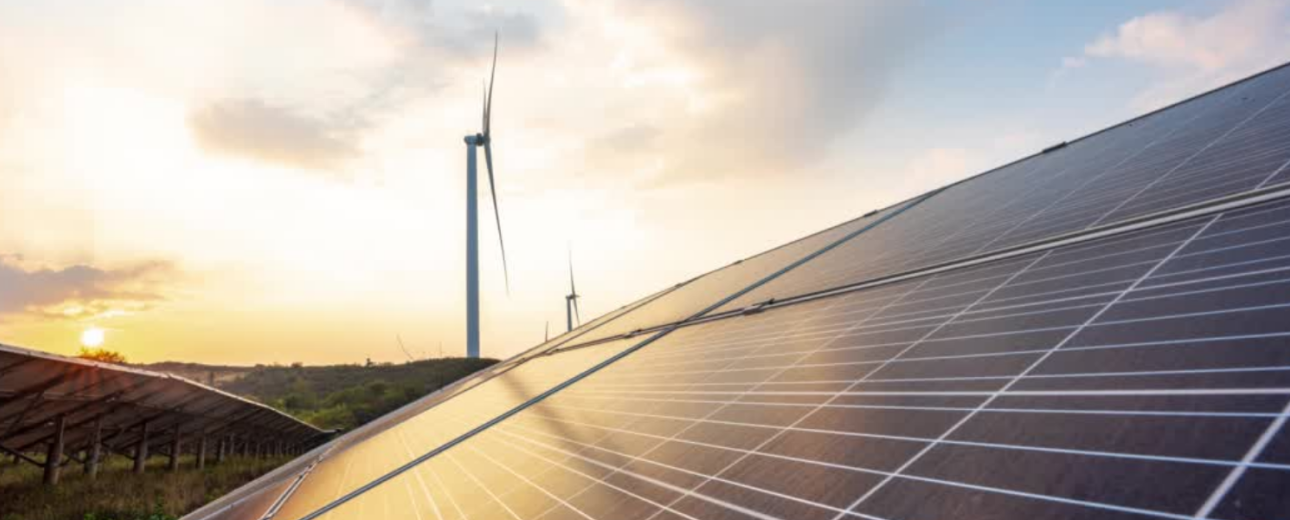

Measures to promote the expansion of photovoltaic systems
In recent years, energy generation through photovoltaic systems has gained considerable importance. Up to now, the operation of photovoltaic systems caused high administrative burden and extensive tax obligations. By feeding the renewable energies into the power grid, the taxpayer has so far become a trader for income tax purposes and an entrepreneur for sales tax purposes.
To overcome the tax and bureaucratic obstacles, the federal cabinet took measures to promote the expansion of photovoltaic systems. These measures are to come into effect on January 1, 2023. The Annual Tax Act 2022, which is currently in the legislative process, includes significant changes and simplification regulations for income tax as well as for Value Added Tax purposes.
Income tax changes
Already in 2021, the German tax authorities introduced an option to apply for the operation of smaller photovoltaic systems (up to 10 kW) on buildings used for own residential purposes to be treated as a hobby, which is irrelevant for income tax purposes.
The Annual Tax Act 2023 is now intended to introduce an income tax exemption for income and withdrawals in connection with the operation of photovoltaic systems, if the systems have a gross nominal output of:
- up to 30 kW (peak) on, at or in single-family houses (incl. outbuildings) or non-residential buildings and
- up to 15 kW (peak) per residential or commercial unit in the case of other buildings used predominantly for residential purposes (e.g. apartment buildings, mixed-use properties),
- in total not more than 100 kW (peak) per taxpayer or partnership for tax purposes.
The income tax exemption is to apply to new, as well as existing, facilities beginning with the 2023 assessment period.
Value Added Tax changes
For VAT purposes, the operator of a photovoltaic system is an entrepreneur and, by generating and supplying electricity, performs a service that is not exempt from VAT. The photovoltaic system often generates low electricity revenues, especially for private operators, so that the operator of the system regularly falls under the small business regulation according to § 19 UStG (German VAT Act). If the small business regulation is applied, the electricity fed into the grid is on the one hand remunerated without VAT and does not have to be paid. Furthermore, no advance VAT returns must be submitted, which represents a considerable administrative ease. On the other hand, if the small business regulation is applied, no input tax deduction is possible, which up to now has regularly been incurred in the construction and installation of the photovoltaic system. Thus, at present it can often prove advisable to waive the application of the small business regulation when purchasing the photovoltaic system in order to be able to claim the full input tax deduction from the purchase of the system.
The legislator has also provided for a simplification of these VAT regulations as part of the Annual Tax Act 2022. As of 2023, a new zero tax rate is to be introduced for the supply and installation of photovoltaic systems, if the system is installed on or in the vicinity of private dwellings, apartments and public building or buildings serving the public good. This is to be applied when the gross power of the photovoltaic system does not exceed 30 kW (peak).
With the introduction of the 0% VAT rate, it should no longer be necessary to waive the application of the small business regulation, since the acquisition of the photovoltaic system is no longer subject to input tax.
Conclusion: The planned changes within the framework of the Annual Tax Act 2022 will considerably favour the operation of photovoltaic systems for a large number of small and medium-sized photovoltaic systems. As of 2023 it should reduce bureaucratic obstacles for both income tax and VAT purposes.

 Cookie-Einstellungen
Cookie-Einstellungen